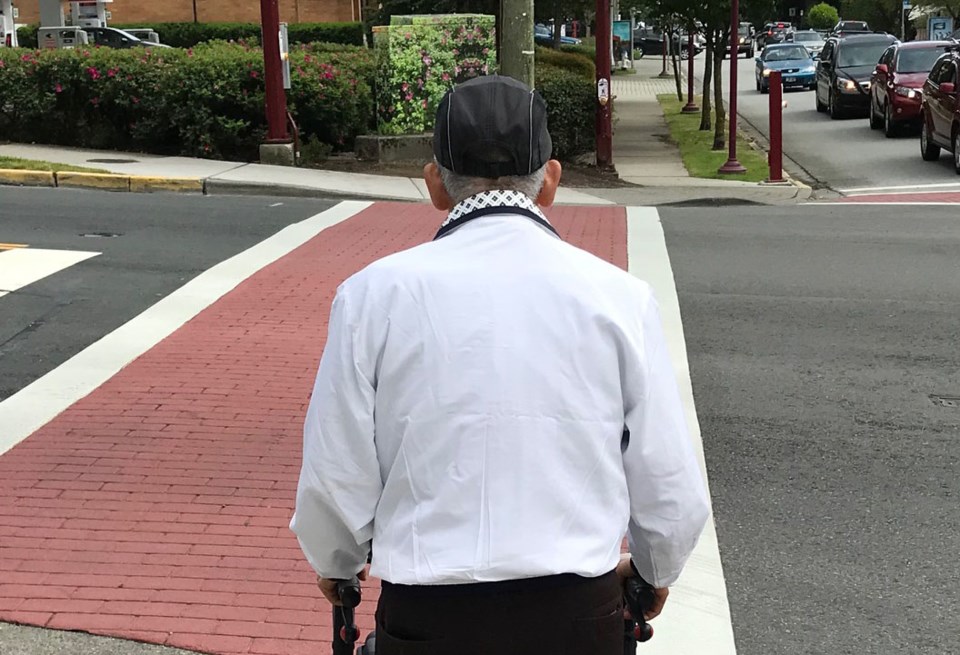Seniors living in the City of Delta will get a little more help to live independent lives.
The city is planning to develop a new strategy, part of the recommended series of actions in the city's draft Social Action Plan.
Delta recently received a $25,000 grant from the BC Healthy Communities: AgeFriendly Community Grants Program to undertake an assessment of the seniors' demographic in the city and develop an age-friendly strategy/action plan.
The grant program is delivered by BCHC in partnership with the BC Ministry of Health.
Grants are offered in two funding streams with a first phase involving planning, while a second phase involves projects.
“With Delta's growing seniors' population, it is important to identify ways to ensure people can continue living independent, active lives, being involved in the community, and having a voice and access to the resources they need,” a recent report to council notes.
City staff will be working over the next year with a local planning consultant with specific expertise in the field to consult with community members and service providers. They will develop a Delta-specific plan with practical actions for creating a more age-friendly community, the report adds.
The next step will be to apply for funding for phase two towards implementing the actions identified.
The target audience is older adults ages 65-and-up, as that group has grown dramatically in the last 10 years in Delta. People in the 50-to-64 age range are to also be considered.
A previous report to council notes population aging is a major issue that is impacting all communities.
By 2031, an estimated 25 per cent of the province’s population will be over the age of 65.
Delta has a high proportion of seniors, with 20.5 per cent of the population in 2021 being aged 65 and over, up from 18.7 per cent in 2016, according to the latest Statistics Canada data.
In comparison, for Canada, the proportion of seniors was 19 per cent in 2021.
According to the draft Delta Social Action Plan report, between 2006 and 2016, the most significant population increase in the city was among those between 65-and-84 years of age.
While Tsawwassen has a higher proportion of those aged 65 and over compared to Ladner and North Delta, North Delta accounts for more than 42 per cent of all senior residents in Delta, according to that report.
A motion submitted by Delta and approved at this year's Union of BC Municipalities convention asks that the provincial government review the resources available to at-risk seniors, identify service gaps and implement measures to ensure that all seniors have access to some level of social supports, irrespective of housing status.



